Tokyo's provocations lead to tit-for-tat responses
Updated: 2016-08-12 08:26
(China Daily)
|
||||||||
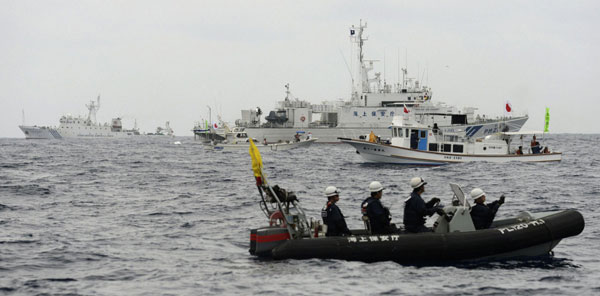 |
|
Chinese marine surveillance ship Haijian No. 46 (L) tries to approach towards Japanese fishing boats (2nd and 3rd from front) while a Japan Coast Guard boat sails (front), in the East China Sea, near Diaoyu islands, in this photo taken by Kyodo May 26, 2013. [Photo/Agencies] |
It is Tokyo's intransigence that is to blame for much of the tension that has arisen with China in recent years over islands in the East China Sea.
For years Japan has refused to acknowledge it has any territorial dispute with China, which has basically shut the door to finding a peaceful solution to their sovereignty dispute over the Diaoyu Islands (Senkaku Islands in Japan) through diplomacy and dialogue.
Japan has tried to blame China for the deteriorating situation in the region, accusing it of unilaterally seeking changes to the "status quo".
But it was Japan that did that by "nationalizing" some of the islands in 2012, betraying the acquiescence reached by leaders of the two countries in the 1970s-and subsequently maintained-that the dispute should be shelved.
The steps that China has taken ever since regarding the islands are just countermeasures to Japan's actions.
So, while reports of an increasing number of Chinese coast guard ships and fishing boats sailing in waters around the Diaoyu Islands, have again brought the territorial dispute between China and Japan into the international spotlight, it should be recognized that the protests that Tokyo has lodged over what it claims are Chinese "incursions" into its waters are ill-founded and ill-intentioned.
This is clearly evidenced by their timing, as the accusations come after Japan has already done its utmost to stir up trouble between China and some of its neighbors in the South China Sea.
Although not directly involved in the South China Sea disputes, Japan has been aggressively trumpeting the arbitral tribunal's award in favor of the Philippines in the case unilaterally filed by the previous administration in Manila.
And in its recently released defense white paper, Japan tries to depict China as the biggest threat to security in the region. This baseless allegation is simply a ruse, as it is being used as the raison d'être for revising Japan's Constitution, in particular Article 9, which prohibits Japan from using force to settle international disputes and restricts its land, air and naval forces to a defensive role.
Japanese Prime Minister Shinzo Abe's recent appointment of the ultra-right revisionist Tomomi Inada as Japan's defense minister, serves as an ominous precursor of the course his administration is set on.
If Japan really wants to prevent tensions over the Diaoyu Islands from escalating, it should start by acknowledging there is a dispute and seek dialogue.
China's recent actions are just a tit-for-tat response to Japan's moves, and it will continue to respond in kind.
- Nepal's newly elected PM takes oath
- Texas gun law worries incoming students
- China vows to deepen economic, trade cooperation with ASEAN
- Fire guts Emirates jet after hard landing; 1 firefighter dies
- Egypt's Nobel-laureate scientist dies of illness in US
- THAAD muscle flexing unmasks anxiety over declining hegemony
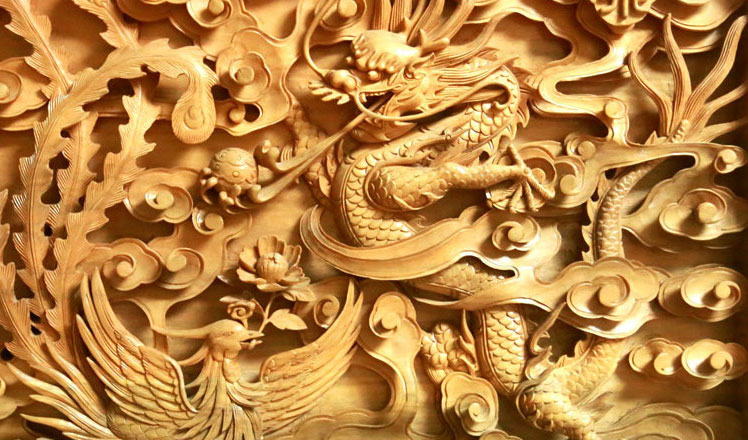
 Inheritor of Songshan wood carving in C China
Inheritor of Songshan wood carving in C China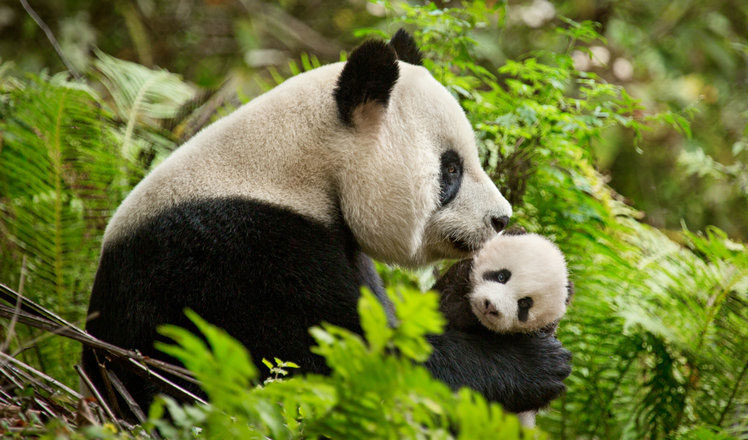
 "Born in China": Wild and fun
"Born in China": Wild and fun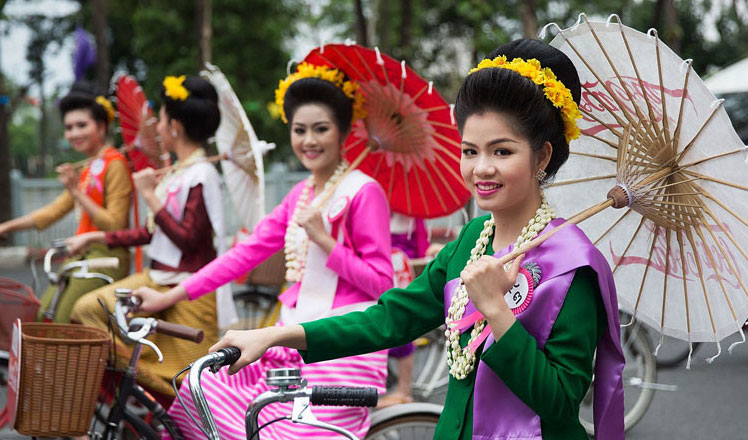
 Top 10 foreign destinations for Chinese tourists
Top 10 foreign destinations for Chinese tourists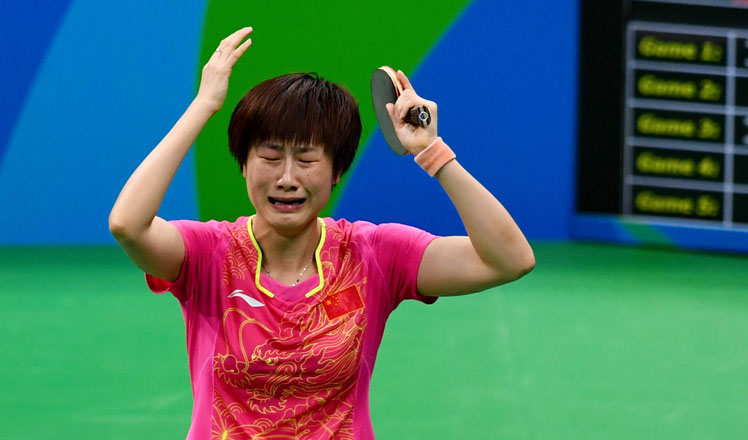
 Ding Ning wins table tennis gold in Rio
Ding Ning wins table tennis gold in Rio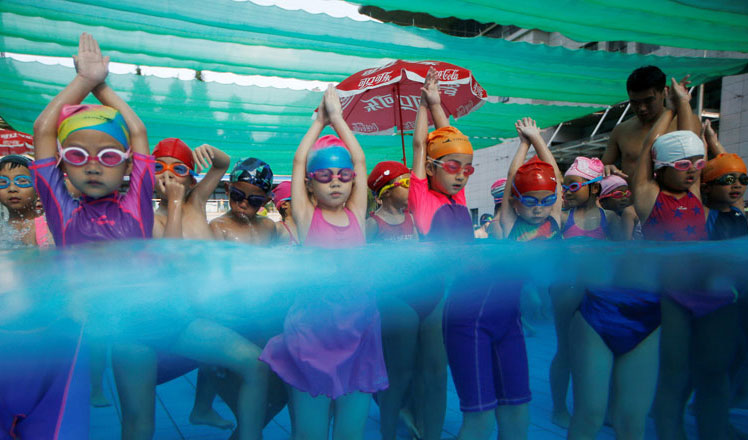
 Creating a splash like their Olympic heroes
Creating a splash like their Olympic heroes
 Breathtaking wedding ceremony in the air
Breathtaking wedding ceremony in the air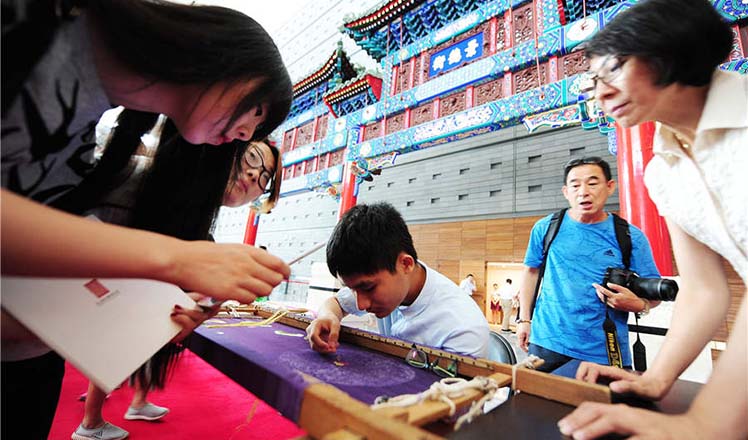
 Beijing's museum brings spirit of craftsmen alive
Beijing's museum brings spirit of craftsmen alive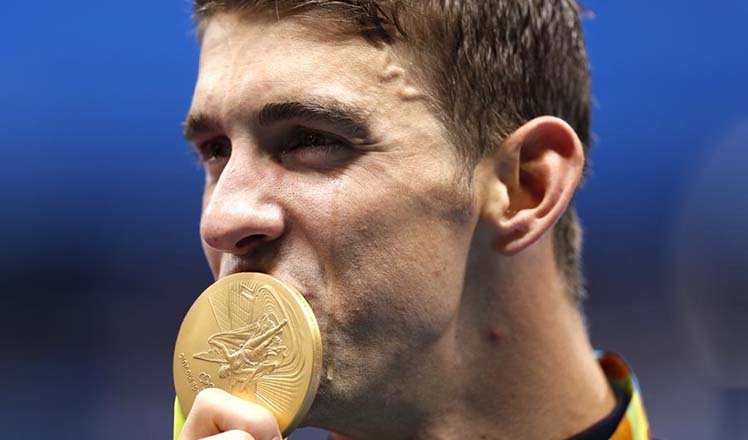
 Phelps adds Olympic gold medal haul to historic 21
Phelps adds Olympic gold medal haul to historic 21
Most Viewed
Editor's Picks

|

|

|

|

|

|
Today's Top News
Phelps puts spotlight on cupping
US launches airstrikes against IS targets in Libya's Sirte
Ministry slams US-Korean THAAD deployment
Two police officers shot at protest in Dallas
Abe's blame game reveals his policies failing to get results
Ending wildlife trafficking must be policy priority in Asia
Effects of supply-side reform take time to be seen
Chinese State Councilor Yang Jiechi to meet Kerry
US Weekly

|

|







